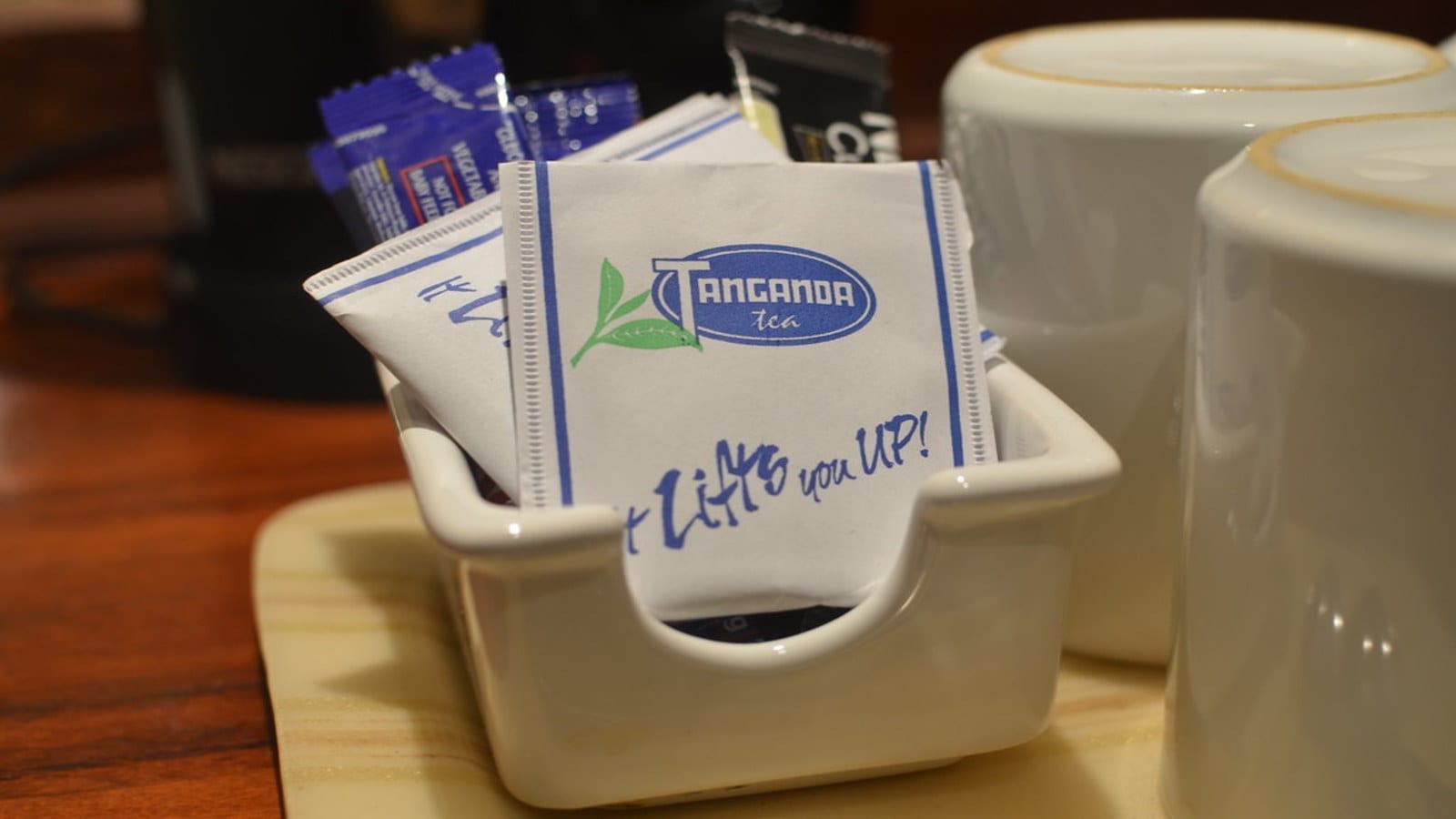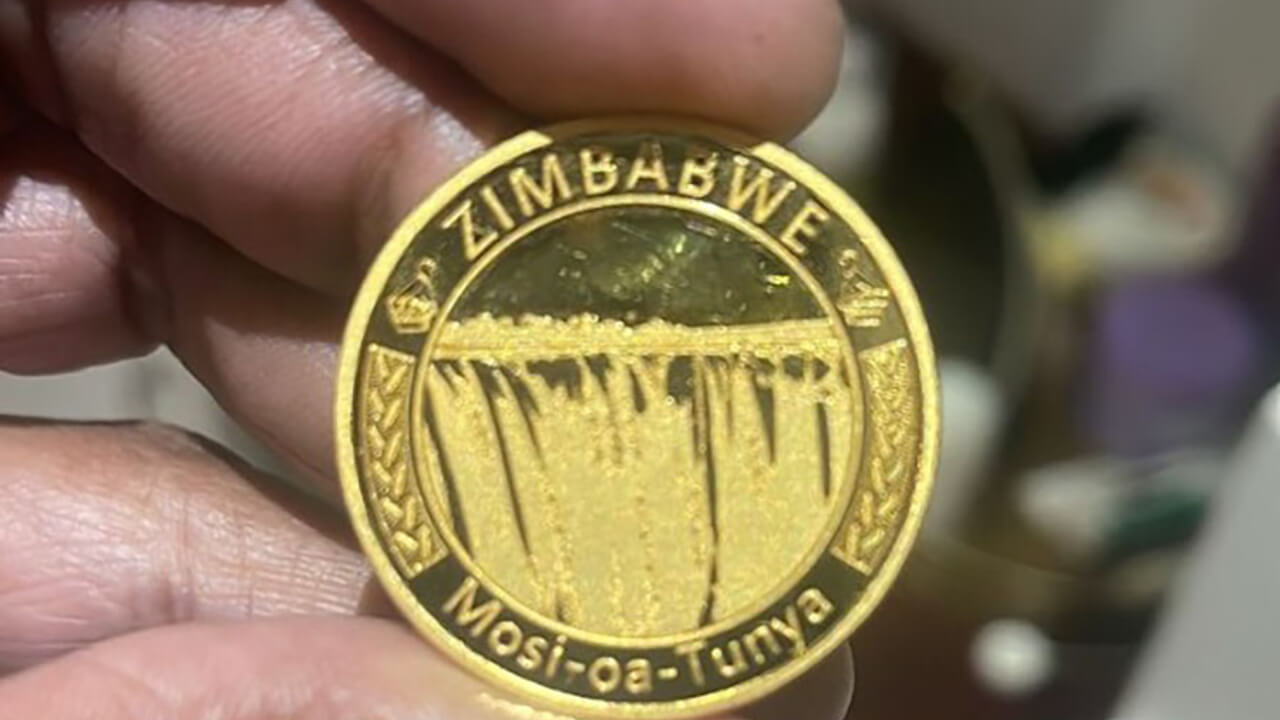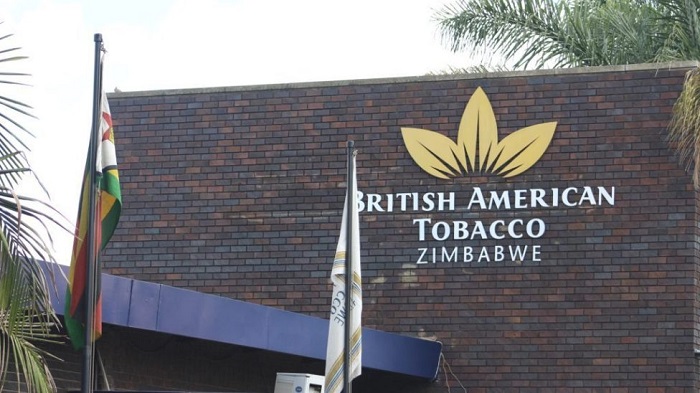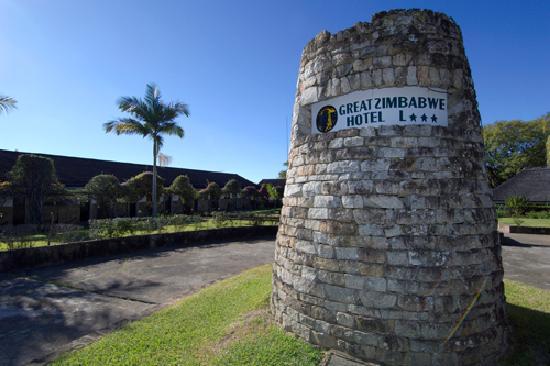Premier African Minerals mulls selling Zulu lithium plant
PREMIER African Minerals Limited is considering selling the Zulu lithium plant at Fort Rixon lithium mine in Matabeleland South Province while also exploring options to bring in an investment partner through a partial sale or joint venture.
According to the unaudited interim results for the six months ended 30 June 2024, the group incurred an operating loss of US$12,027 million.
The major component of the current liability excess is the $42,8 million received from the group’s offtake partner as an advance receipt.
The firm said the advance receipt will be settled from proceeds from the sale of SC6 to the offtake partner from production at Zulu Lithium and Tantalum Project or through the issue of shares into Zulu based on a market valuation of US$200 million if not repaid by April 1, 2025.
Mounds of lithium stone
However, the firm said the board continues to believe that it has a valuable asset in Zulu, with an estimated fair value in accordance with the prepayment and offtake agreement is US$200 million.
“If none of the investments conclude or Premier doesn’t receive the required support from shareholders at the proposed special general meeting and if the company is unable to obtain additional finance for the group’s working capital and capital expenditure requirements, a material uncertainty may exist which could cast significant doubt on the ability of the group to continue as a going concern, and therefore be unable to realise its assets and settle its liabilities in the normal course of business,” reads part of the report.
In a note to shareholders, chief executive officer, Mr George Roach said despite disappointments related to the poor recoveries and grade of SC6, the plant has achieved, and to date, there are important positives to come out of the work undertaken during 2024.
Zulu Lithium Mine plant
These include test floats for spodumene conducted in Zimbabwe at other plants using a more conventional float cell design.
Unfortunately, he said the poor design of the comminution circuit prevented Zulu from commencement of commissioning of the float plant section until the comminution issues had been dealt with.
Spodumene is a lithium ore crucial for battery production in electric vehicles and features a high lithium concentration.
He said Zulu was only able to undertake the commissioning of the float plant from March this year, a year later than was expected.
“Premier is now following a multi-option approach on how best to move the Zulu forward, which includes a possible sale of Zulu, either in its entirety, partially, or as a joint venture, or the potential installation of an additional spodumene float plant based on self-funding and retention of ownership,” said Mr Roach.
He indicated to shareholders that the firm has been in discussions with a Chinese Engineering, Procurement and Construction Management which has built floatation plants internationally with one of these plants in operation within Zimbabwe and which has processed ore similar to that at Zulu.
“An additional floatation plant is available, and Premier would need to fund the purchase price and civils and integration costs that are estimated at US$400 000 and three months from the date of order to operation,” said Mr Roach.
In terms of funding, he said Zulu has incurred significant debt and while much of this could be structured over a period, a recommencement of operations will require further funding.
Mr George Roach
“In the board’s opinion, recommencing production should be seriously considered if the alternative strategic options for Zulu under investigation and negotiation fail,” said Mr Roach.
He said at the group level, there are significant creditors which need to be dealt with and there are plans to utilise the remainder of existing disapplication authorities.
“In addition, to meet our longer-term requirements and settle creditors at Zulu, the company will need additional funding and therefore we are proposing to seek additional disapplication authorities at a general meeting to be convened shortly,” said Mr Roach.
“While disapplication will be sought, it should be clear that these authorities will only be used to the extent necessary pending the outcome of the strategic alternatives.”
Lithium is also a strategically important mineral for Zimbabwe, with the Government expecting it to be significant in driving the growth and development of the mining industry, one of the key sectors of the economy.
The mining industry contributes over 75 percent to national exports while employing over a million people directly and indirectly.-chroncile












